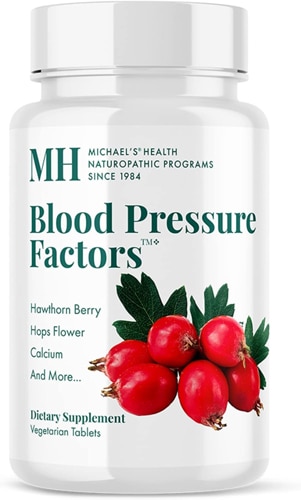If hiring a health coach sounds like a luxury you can’t afford, read on. It might be a luxury you can’t not afford. As the chronic illness burden is ballooning at an alarming rate, health and wellness coaches are popping up in doctor’s offices, spas, gyms and private practices all over the country. What do they do, exactly?
A health coach is a jack of all wellness modalities, incorporating diet and other lifestyle changes to improve their client’s overall health.
Coaches tend to boast a trio of skills—in behavioral, nutritional and physical training—to formulate an integrative approach to health. It expands the model of what constitutes health beyond diet and exercise to factor in sleep, resilience, relationships, environment and spirituality. With health coaching, everything touches everything else. A health coach seeks to understand the big picture and help patients connect the dots.
Until 10 years ago, health coaching was almost unheard of, but in the past few years it has experienced explosive growth. It’s been directly named by Affordable Care Act as a “qualified medical expense” to address chronic illness. Many insurances plans offer health coaching programs for subscribers and more are forecasted to join the movement.
The principle of health coaching is favoring prevention over cure. Health coaches help patients move from a passive to active participant in their care. Working with a health coach shifts the question from “What’s the matter?” to “What matters to you?” This is the essence of health coaching—connecting to what is really important to the patient. If you think a health coach may be just what the doctor ordered, here’s a short primer on their strengths—and limitations.
Identify what matters most
Patient-centric care means the priority is addressing what matters most to patients first, even if it’s not directly related to their medical condition. For example, for some people housing needs can trump health concerns. Knowing that they will have a roof over head may be a more pressing concern for patients than their insulin levels or blood pressure. A health coach meets patients where they are at and is willing to look further afield to help the client find adequate resources to address their primary need.
Bridge the wellness gap
A health coach can bridge the gap between what patients know they need to do to be healthy, and the motivation necessary to make and sustain those changes. Helping make changes that stick are where health coaches excel. Most health coach certifications cover a mix of coaching science and application. For example, many health coaching certifications includes subjects such as coaching psychology, weight management psychology, the physiology of obesity, techniques for lifestyle coaching, and development of exercise programs.
As health coaches become more popular, doctors are recognizing the value. Many physicians are starting to refer patients to health coaches and are using them as partners in their practice, particularly to help enforce better dietary habits. Historically, doctors haven’t been trained in nutrition nor have the time to work with patients in such a capacity.
Why now?
The motivations are many: Unhealthy individuals want better habits, corporations want healthy workers, and healthcare providers want patients to get and stay healthy. Trained health coaches who can help people implement medical recommendations in sustainable ways. There’s a growing recognition that behavior-change interventionists (i.e., health coaches) are integral to a successful healthcare team.
Do you need a health coach?
If you are struggling with a chronic condition, or are navigating a new diagnosis that demands diet and lifestyle changes, a health coach may prove key. For example, there is a growing movement to offer diabetes prevention programs for those diagnosed with prediabetes. Medicare and some private insurances now covers CDC-certified Diabetes Prevention programs. In the future, there may be more opportunities that provide free access to this kind of one-on-one health counselling. Already, some insurance companies offer reimbursement or allow allocation of flexible spending or pre-tax dollars to go toward health coaching.
What a health coach can’t do
While a health coach may be just what you are looking for, it’s important for you to understand the scope of their function. A health coach is not a doctor. They can’t diagnose conditions, prescribe medications or recommend different doses of your current medications. And many health coaches are not certified in personal training.
Do your due diligence: Find out exactly what certifications your prospective health coach holds and what their areas of expertise are.




